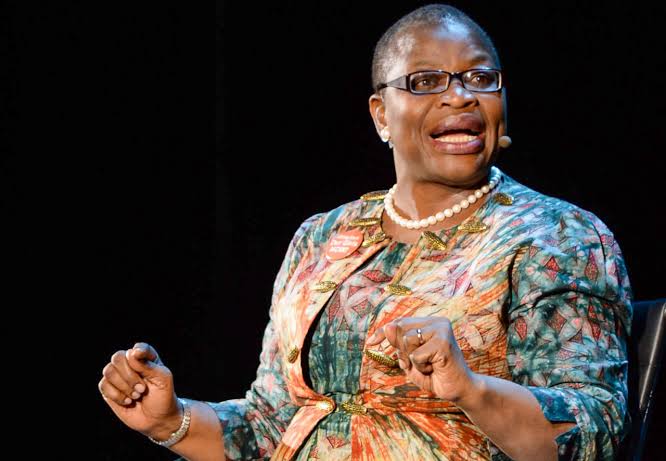President Donald Trump has officially signed a landmark bill into law that makes the distribution of non-consensual intimate images — including AI-generated deepfakes — a federal crime.
The legislation, titled the Take It Down Act, received overwhelming bipartisan backing in Congress and is now being hailed as a major step forward in the fight against online sexual exploitation.
Speaking at the signing ceremony held in the White House Rose Garden on Monday, President Trump emphasized the growing threat posed by deepfake technology and online abuse, particularly targeting women.
ATTENTION: Click “HERE” to join our WhatsApp group and receive News updates directly on your WhatsApp!
“With the rise of AI image generation, countless women have been harassed with deepfakes and other explicit images distributed against their will,” Trump stated. “And today we’re making it totally illegal. Anyone who intentionally distributes explicit images without the subject’s consent will face up to three years in prison.”
In addition to criminal penalties for individuals, the law places responsibilities on digital platforms. Websites must remove such content within 48 hours of being notified, or they risk facing civil liabilities.
The bill also gained the support of First Lady Melania Trump, who made a rare public appearance to endorse the legislation. She previously voiced her support for the act in March, framing it as a measure to protect vulnerable groups, especially children and teenagers.
READ MORE: Full Ban on Sachet Alcohol Begins December 31, 2025 — NAFDAC
“This legislation is a powerful step forward in our efforts to ensure that every American, especially young people, can feel better protected from their image or identity being abused,” the First Lady said at the event. She described the bill as “a national victory that will help parents and families protect children from online exploitation.”
Deepfakes, which use artificial intelligence to fabricate realistic images and videos, have become a growing concern. These manipulated visuals have been used to create and share sexually explicit content featuring both public figures and private individuals without their consent.
While states like California and Florida already have laws targeting sexually explicit deepfakes, the Take It Down Act marks the first time such actions have been criminalized at the federal level.
Still, the law has drawn criticism from digital rights advocates. The Electronic Frontier Foundation (EFF), a group that focuses on free speech and internet rights, warned that the bill could potentially be misused.
“The powerful [may now have] a dangerous new route to manipulate platforms into removing lawful speech that they simply don’t like,” the EFF said in a statement.
The law mandates that social media platforms and websites implement clear procedures for victims to request removal of non-consensual content, a move designed to improve accountability across tech platforms.
Experts say the need for such legislation is urgent. With AI-powered apps increasingly capable of generating explicit deepfakes, incidents of online abuse are escalating rapidly. Schools in various states have reported disturbing cases where teenage students were targeted by their peers using these tools.
Renee Cummings, an AI ethicist and criminologist at the University of Virginia, described the bill as a “significant step” toward tackling the misuse of AI for exploitation.
“Its effectiveness will depend on swift and sure enforcement, severe punishment for perpetrators and real-time adaptability to emerging digital threats,” she told AFP.
The new law is already giving victims and their families a renewed sense of empowerment. Dorota Mani, the mother of a teenage victim of deepfake abuse, called the bill “a very powerful” tool in the hands of survivors.
“It’s a very important first step,” she said. “Now I have a legal weapon in my hand, which nobody can say no to.”
As technology continues to evolve, the Take It Down Act may serve as a foundational framework for regulating harmful digital content and protecting the rights of individuals in the digital age.
Timaya Reflects On Odi Massacre, Says Tragedy Inspired His Breakout Song ‘Dem Mama’
Nigerian music star Timaya has opened up about the traumatic impact of the 1999 Odi massacre in Bayelsa State, describing the incident as both a national tragedy and a personal experience.
Speaking about the military operation, Timaya recalled how the Nigerian Army, acting on government orders, invaded the predominantly Ijaw community of Odi, resulting in widespread destruction and loss of lives.


















Leave a comment